- China's the Belt and Road strategy is a new idea for foreign trade, engineering construction and friendly exchanges with other countries
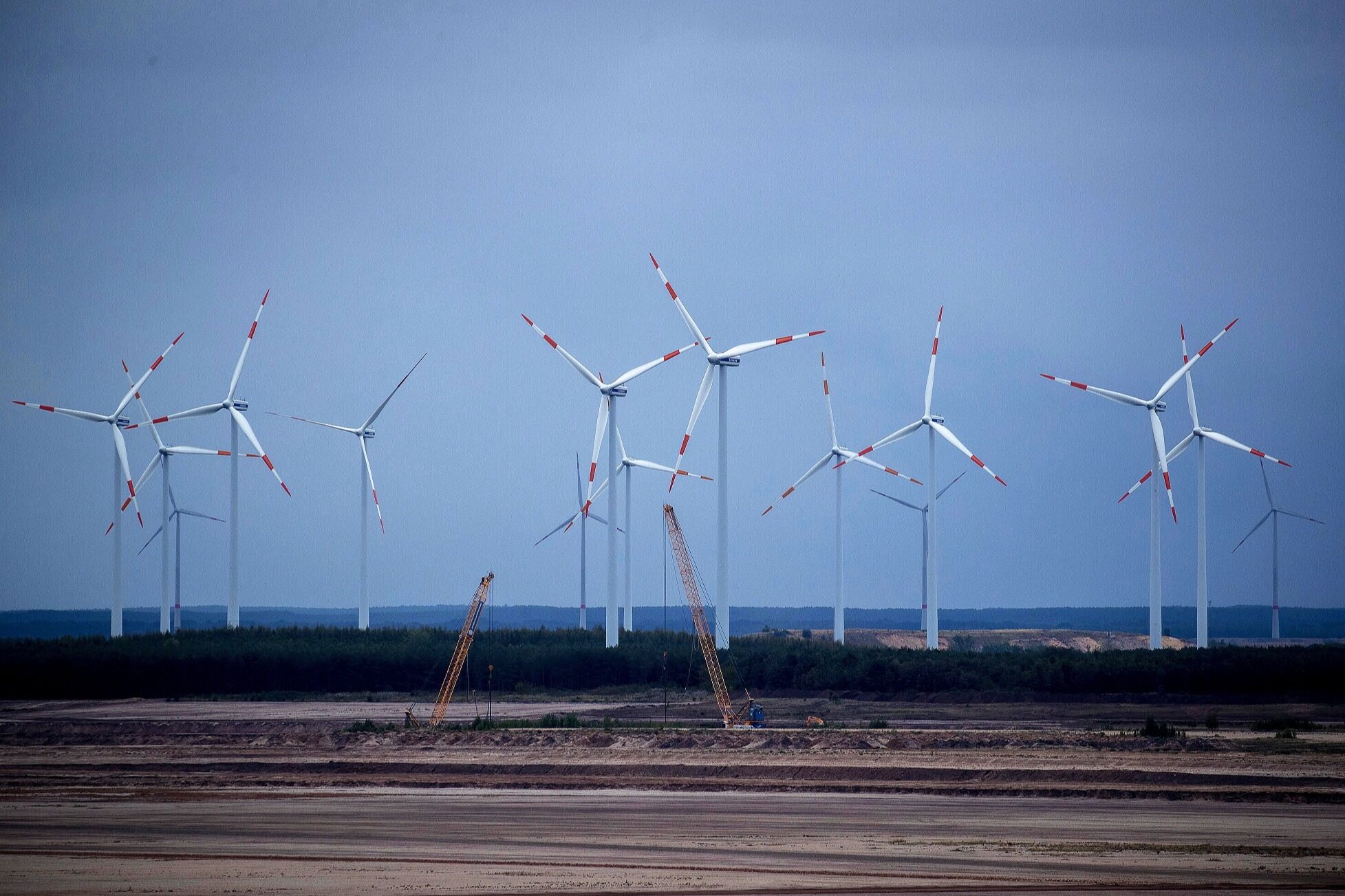
"This is a government plan to fight against China's global influence", German media reported that the EU hopes to fight against China's the Belt and Road Initiative through the Global Portal Plan - so far, the German government has achieved little success and is preparing a specific list of investment secrets, one of which focuses on the Balkans.
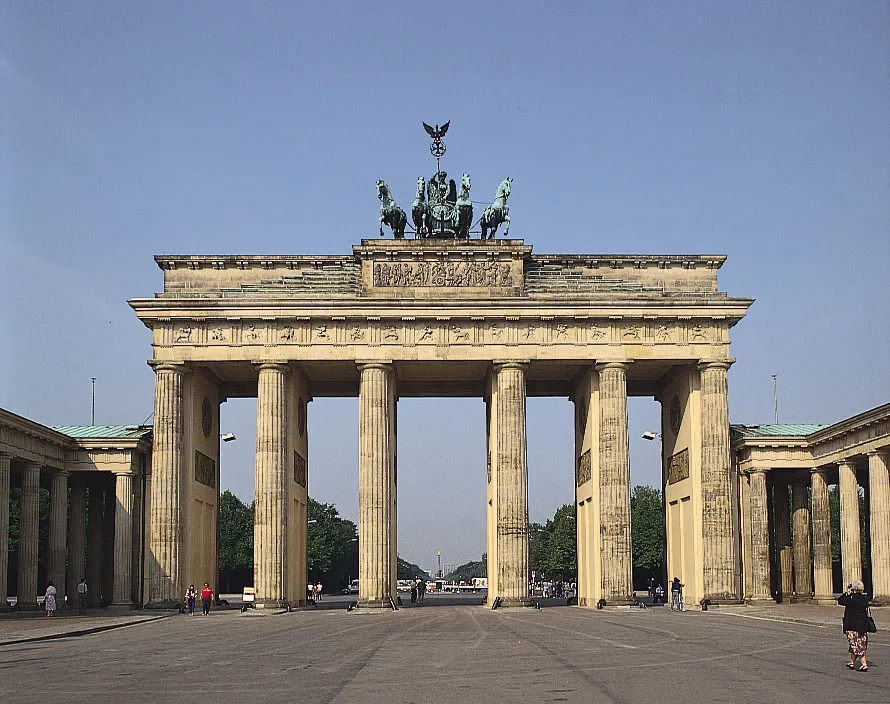
The secret list has been sent to the European Commission by the German government to help the European Union's global portal program. A total of 20 lighthouse projects are proposed in this list. These include: supporting the construction of large-scale solar power plants in Botswana and Namibia; A new train route will be built to connect the coast of landlocked Burkina Faso and Ghana. At the same time, wind turbine projects are planned near Accra, the capital of Ghana. German Foreign Minister Belberk said that we must show other countries that we, as the EU, can provide a better offer - a transparent, equal and non binding contract. The problem now is to put the first lighthouse project into practice as soon as possible.
Aim at Central Asia
A particular focus of the Global Gateway Programme is the Balkans. According to the secret list of the German government, Bosnia and Herzegovina will also build a wind farm. Bosnia and Herzegovina has the opportunity to transition to clean energy production, but the main energy is still fossil fuels. These projects are mainly funded by China, which leads to dependence. The German government also plans to promote lithium mining in Serbia to strengthen battery production in Europe and reduce dependence on Chinese raw materials.
In addition, the German government believes that Europe should strive to improve the transport links between Laos, Vietnam and Thailand. The project may be a European alternative to the north-south route of the the Belt and Road, the German government document wrote.
In addition to infrastructure projects and green energy projects, the German government also plans to invest in digital projects. The list suggested that the Global Portal could invest in a submarine cable connecting Chile and Australia, which is expected to be put into operation in 2025.
One year ago, European Commission President Von Delain proposed the concept of a global portal, but since then, there has been little substantive progress in relevant work. Brussels officials acknowledge that there has been a lack of work on infrastructure initiatives in recent months. The conflict between Russia and Ukraine has weakened the ability to promote the project, and the power struggle behind the committee is rampant, affecting the implementation of the project.
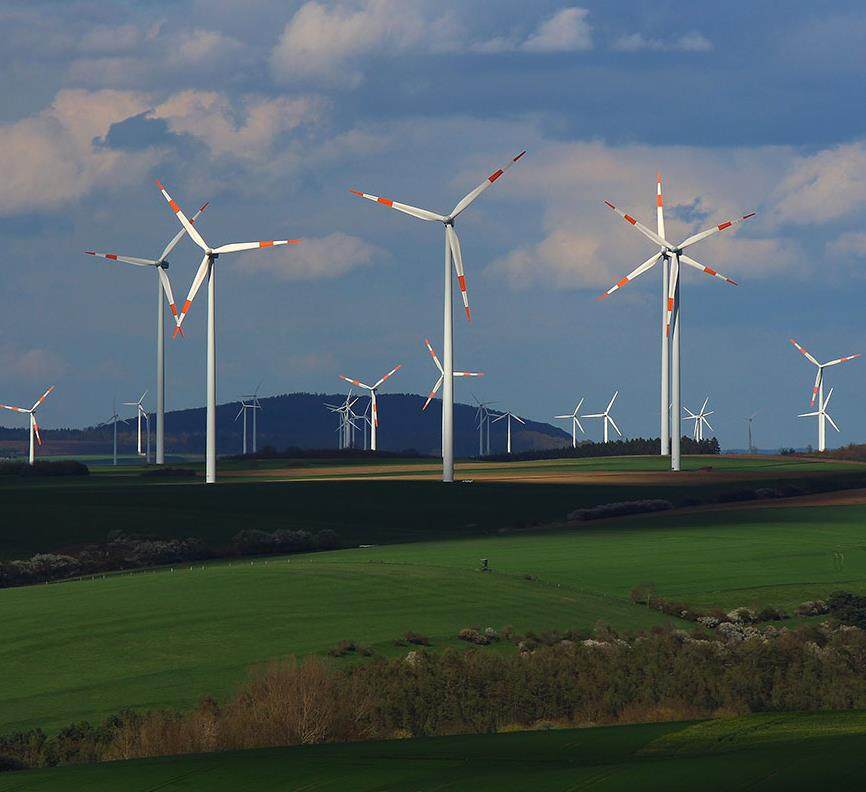
So far, Germany is the only EU country to send the internal coordination proposal of the global portal project to Brussels. When collecting ideas, the German government also solicited opinions from enterprises. The German economic community places high hopes on the "Global Gateway" plan and hopes to obtain rich orders. The Federation of German Industries expects that German companies will largely benefit from orders from developing and emerging countries through the Global Gate.
Niels Schmidt, a member of the German Bundestag's Social Democratic Party, said that the EU should have started to take action long ago. The list of projects provided by the German government was an important step, but the most important thing was that the EU should make a decision immediately, otherwise the global portal plan would be stillborn.Editor/Xing Wentao
Comment
 Praise
Praise
 Collect
Collect
 Comment
Comment
 Search
Search


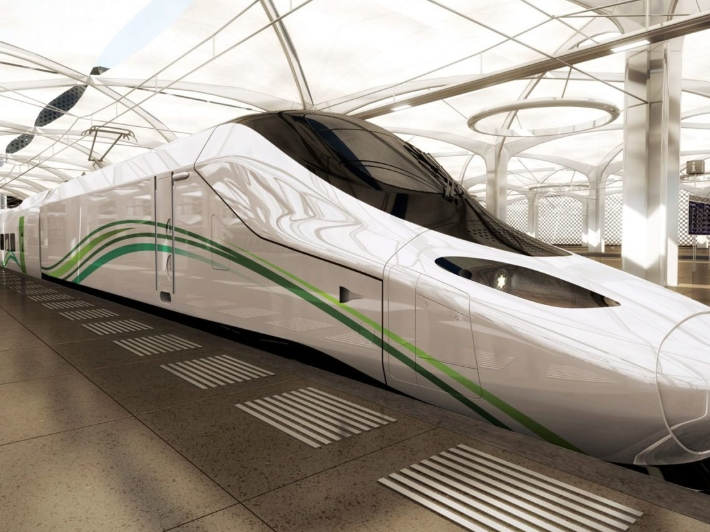
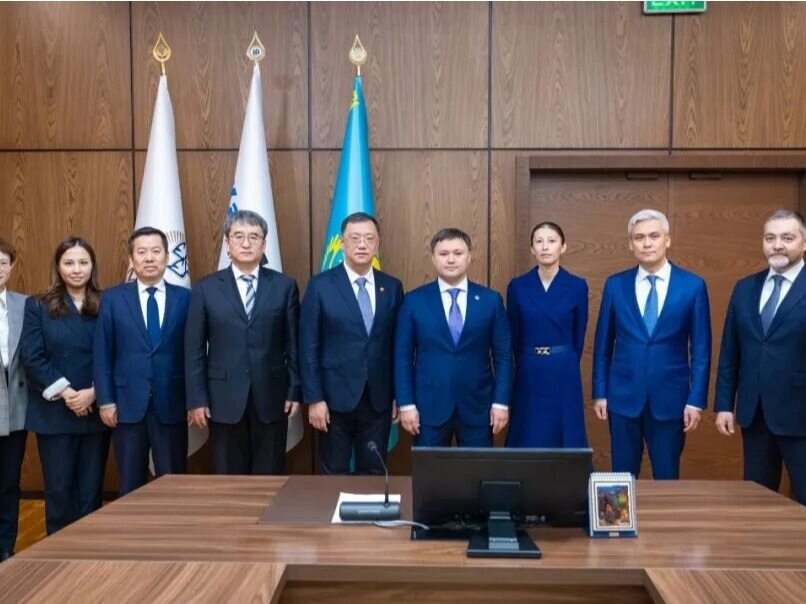
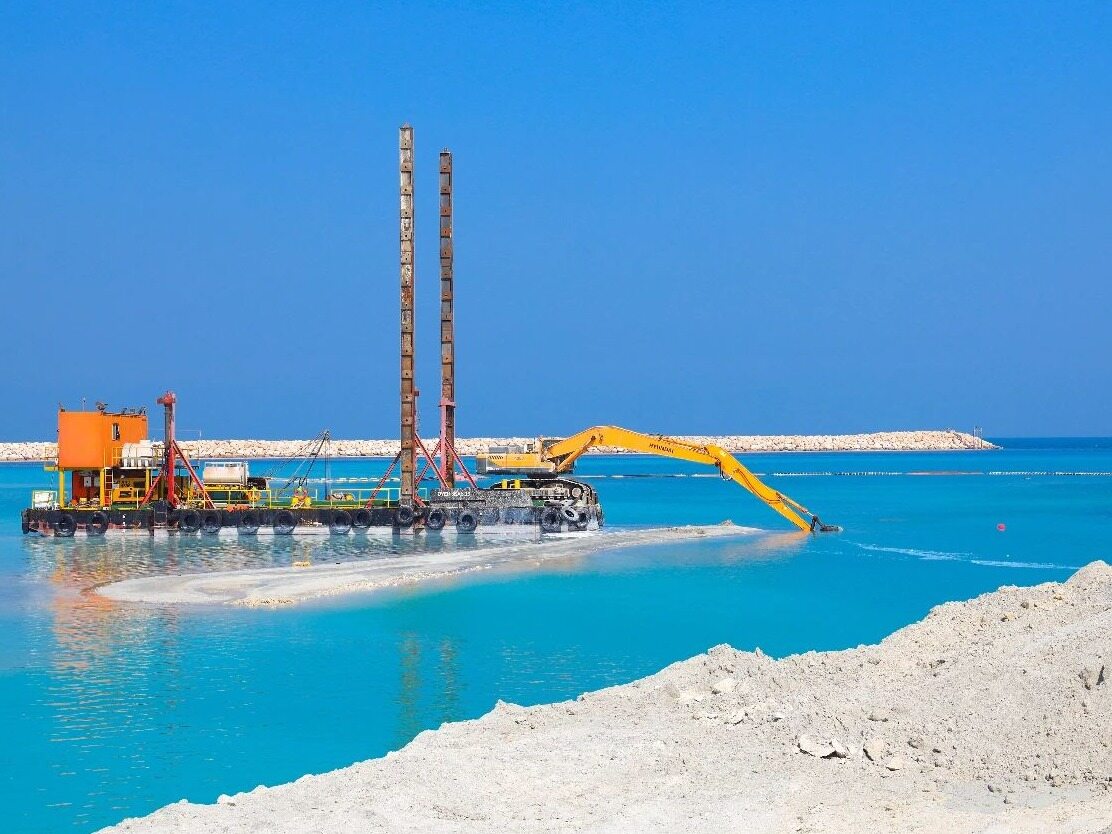
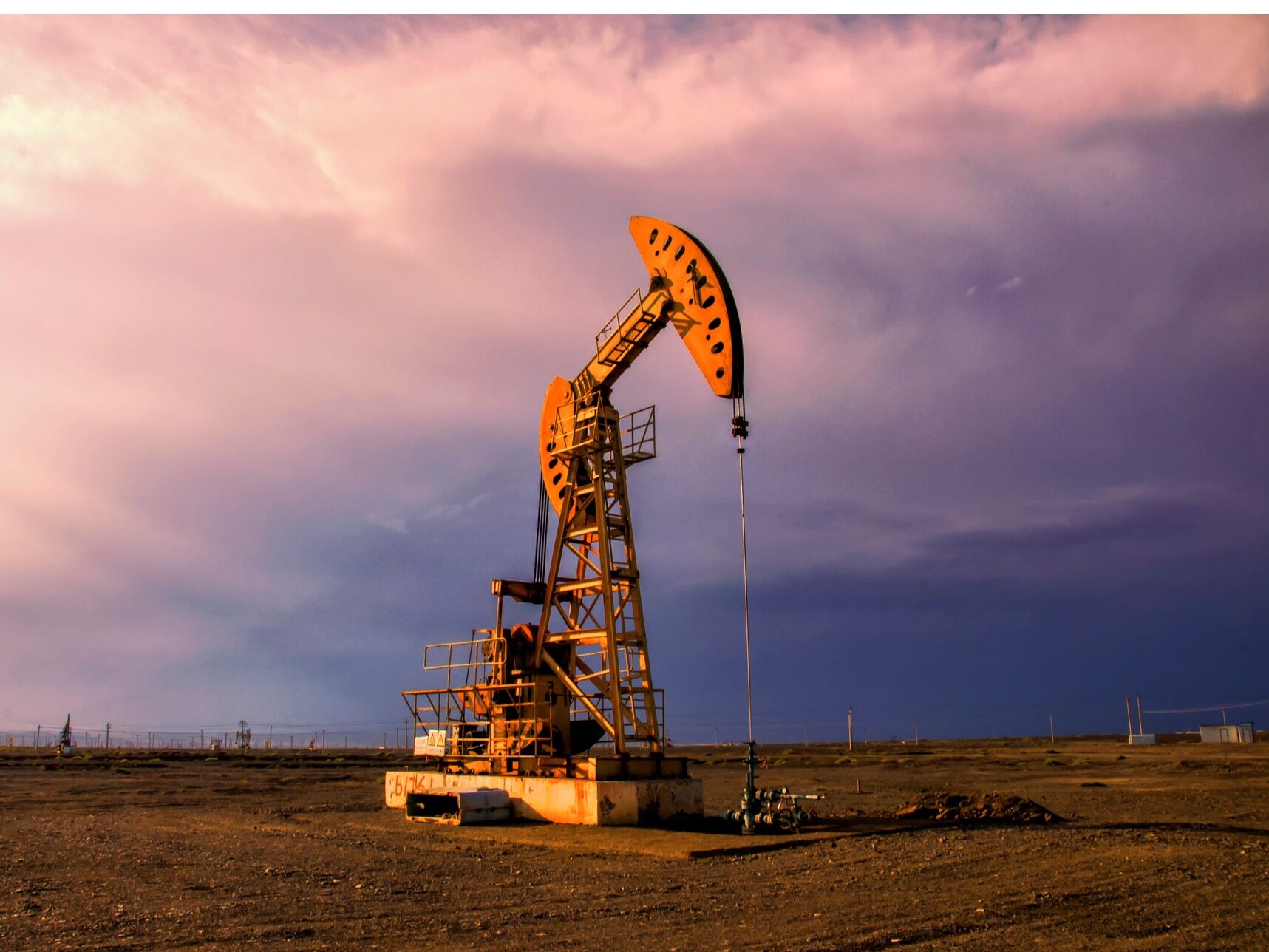
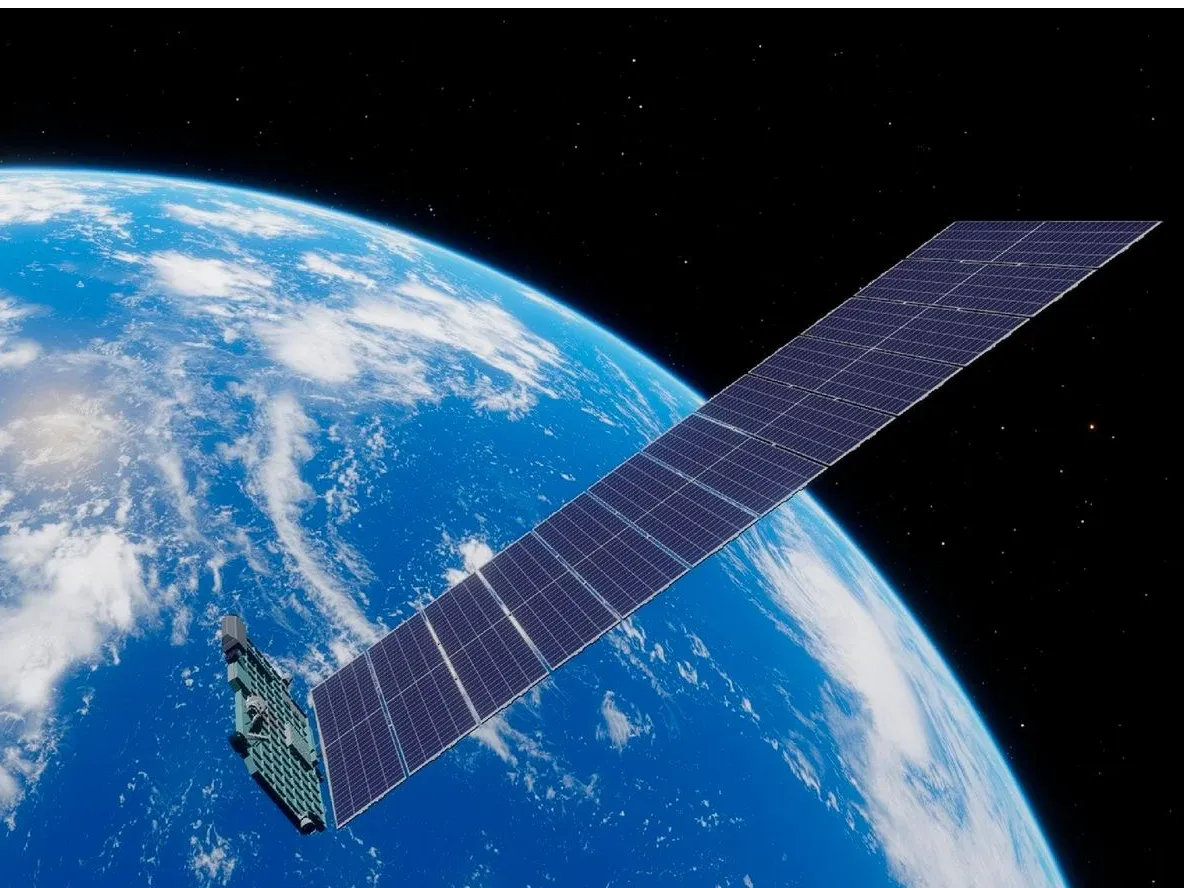
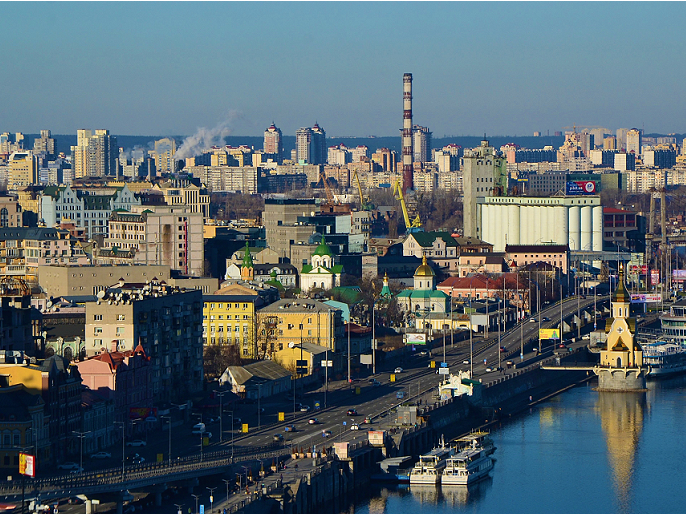






Write something~